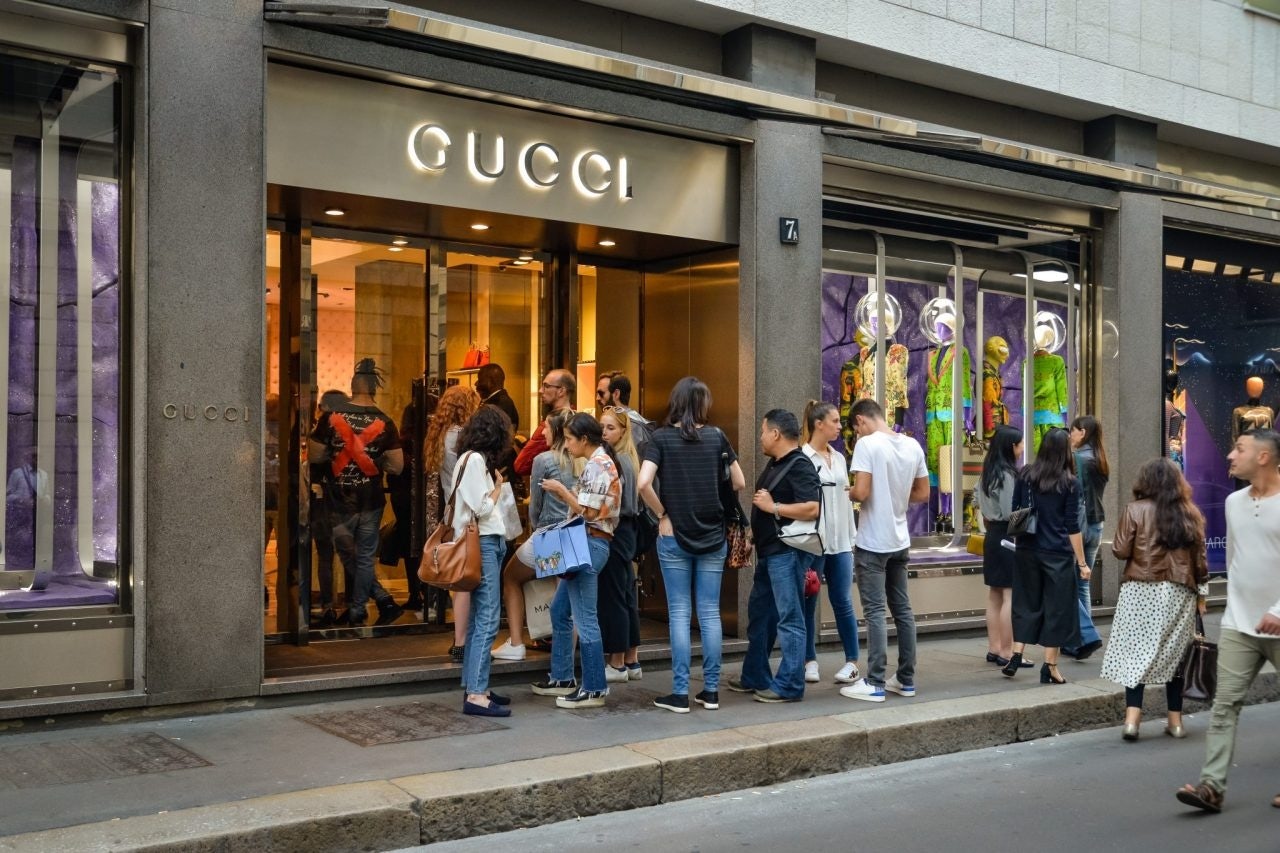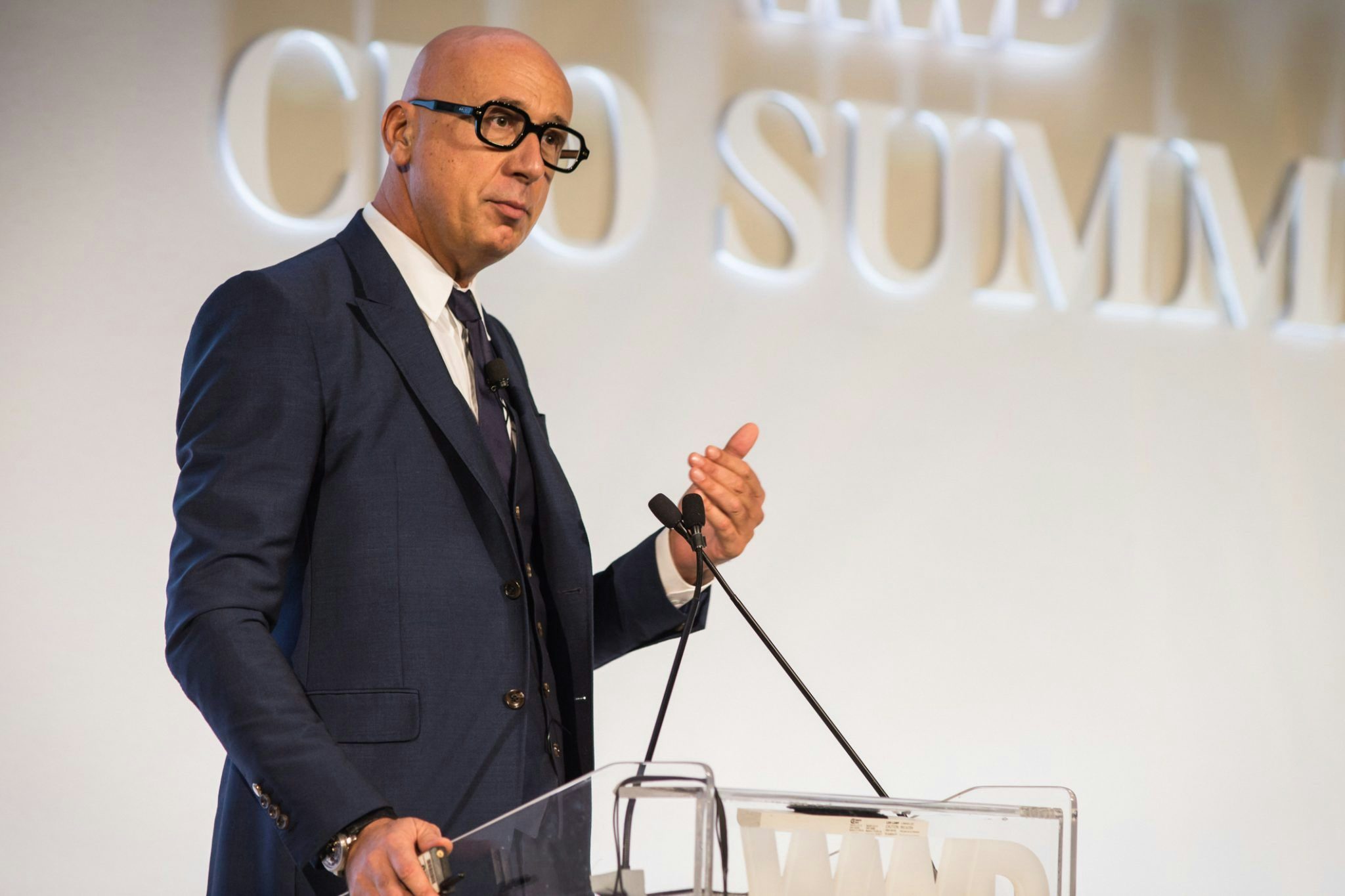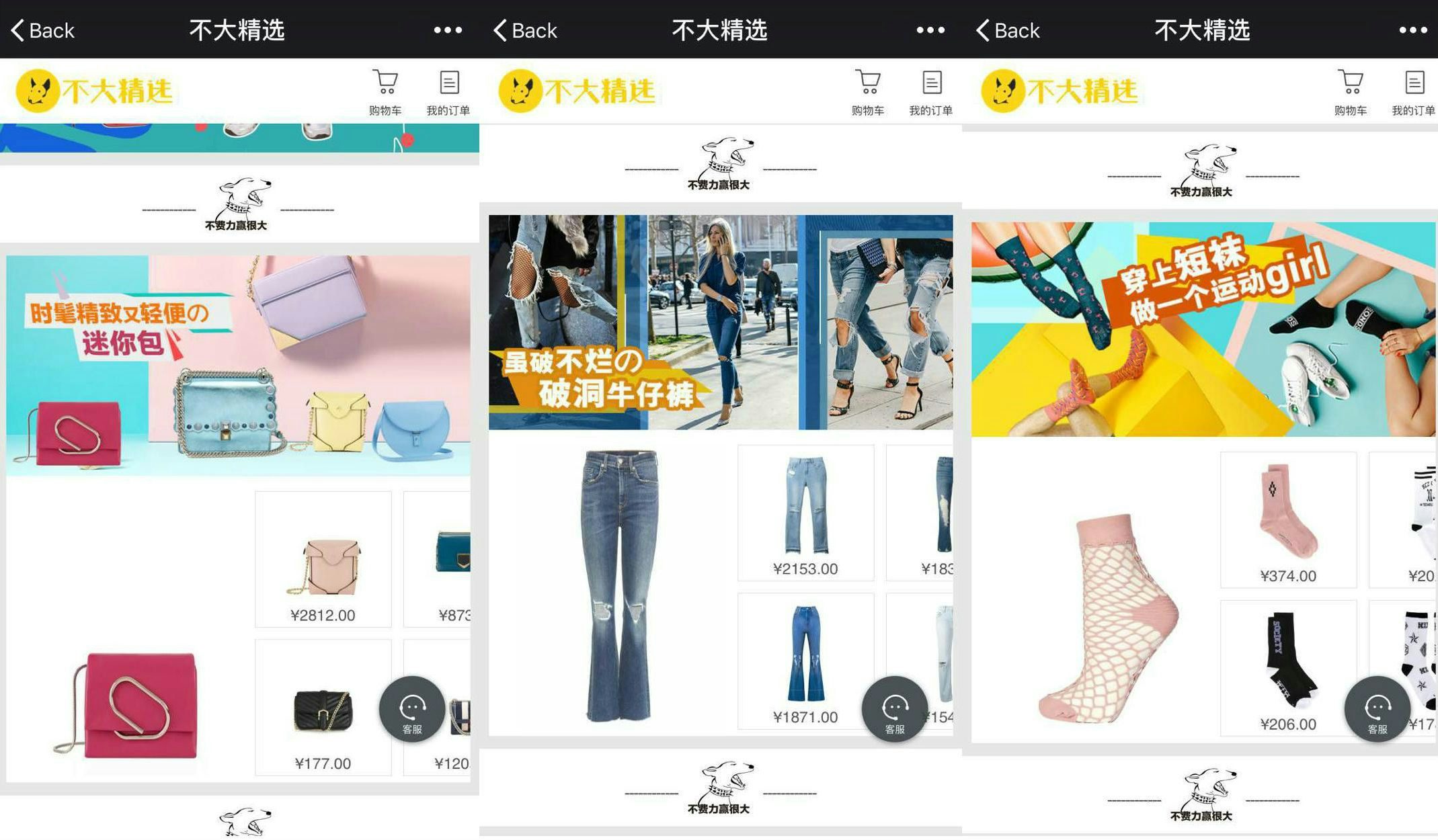2017 has been treating Gucci well. After first revealing its "Year in Search" report for 2017, Google announced the top 10 most searched fashion brands of the year, among which Gucci claimed the number one spot. In the meantime, Kering, Gucci’s parent company, strives to increase its e-commerce market share in China, even dropping its lawsuit against Alibaba this August for more joint efforts to “take action against sellers of counterfeit products on- and offline.” It is clear that Gucci is now charting paths to invest in the Chinese market. So what kind of smart strategies has it applied so far?
Here are some of Jing Daily's takes: The company has chosen three different methods to help itself expand its presence in China, through the WeChat mini program platform, through advertising campaigns, and through ambassador branding.
Gogoboi: Take advantage of WeChat mini programs
Gogoboi (Ye Si, 叶嗣) partnered with Gucci earlier this month to launch his 2017 Holiday Collection on his official WeChat account. This is the first time when Gucci offered exclusive online sales via a third-party platform – specifically a WeChat mini program – with a KOL in China. The outcome was remarkable: within 5 days, all of the promoted items were sold out, which was comparable to that of Givenchy’s sales in July.
Originally a features editor for Grazia China, Gogoboi rose to fame in the fashion world by running his own Weibo account, where he writes style guides and criticizes cultural icons in China. Contrary to other fashion critics who tend to praise all brands regardless of their quality and design, Gogoboi’s comments are usually snarky and negative. However, this does not stop him from being popular among Chinese consumers as he chipped away at the mainstream fashion media and was adored by more and more Gen Z customers. Eventually, Gogoboi gained national recognition for his strong point of view, and his remarks are usually seen as a top “fashion guide” resource in China.
In April, Gogoboi launched a mini program for his own high-end e-tail store, dubbed Bu Da Jing Xuan (不大精选), which allows customers to shop luxury brands through WeChat on their mobile phones. A mini program is an app used within the WeChat app itself, with no additional downloads. Blurring the lines between sales and critiques, Gogoboi curates a recommendation list for all luxury brands that Bu Da Jing Xuan tries to sell, and Gucci’s 2017 Holiday Collection is one of them.
Zhou Fenxia (周芬霞): Connecting with ordinary customers
Gucci unveiled its “Roman Rhapsody” advertisement campaign in September, which features models in different neighborhoods of Rome. The promo video quickly went viral in China not only because of the eye-catching pieces from Gucci’s upcoming collection, but also because a Chinese immigrant, Zhou Fenxia, starred in the promo video. “This is the first time that an ordinary Chinese woman was selected for a high fashion promotional video in three decades, and her personal video clip has gathered the most likes on Gucci’s Instagram,” according to CGTN, an English-language news channel of China Central Television.
Zhou is neither a professional model nor a TV personality. She is the owner of a Chinese restaurant in Rome, indeed. Zhou met Alessandro Michele, Gucci’s creative director, when he was dining in her restaurant, and Michele quickly realized that Zhou would be a good fit for the “Roman Rhapsody” campaign. “[The reason Gucci came to me was] Probably because of my Chinese identity,” Zhou told Netease (网易) during an interview. “Gucci wants to expand its Chinese market and I think they would like to star Chinese people in their campaigns.”
Chinese customers are by far the most important national cohort of luxury consumers, accounting for about 30 percent of all luxury purchases in Italy, according to a recent report by ouliannews (欧联网). Choosing a non-celebrity model likely helped Gucci better connect with ordinary customers in China, and this may even be revolutionizing the fashion industry. Michele, who is known for his creativity and originality, does not conform to the chic aesthetic currently dominates the fashion industry, and starring Zhou in “Rome Rhapsody” may signal a new strategy Gucci will use cater to the Chinese market.
Li Yuchun (李宇春): Redefining fashion icons in China
Li Yuchun is a Chinese pop singer, songwriter, and actress. In 2016, she obtained another role: the brand ambassador for Gucci in China. Li has broken the stereotype of Asian women being sweet and gentle, and showcases a style of androgyny that has proven a good fit for Gucci.
Li’s fame in China was also a significant factor in Gucci's decision to make her its brand ambassador. Li won the national singing contest Super Girl (超级女声), in 2005. Ten years later in 2015, she was picked as one of Business of Fashion’s 500 Global Fashion Leaders. For Gucci, Li represents feminism in some way – to set loose women from the shackles that traditional Chinese culture imposes on them, which is a kind of spirit Gucci would like to convey and continuously uphold.


